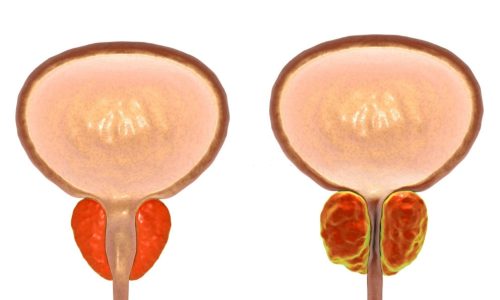Prostate Problems
- Home -> Prostate Problems
Prostate Problems
Prostate problems refer to a range of conditions that affect the prostate gland, which is a small gland located just below the bladder in men. The prostate gland plays a role in the male reproductive system by producing and secreting fluid that nourishes and protects sperm. It’s important to note that not all prostate problems are cancerous. In fact, the majority of prostate issues are unrelated to cancer and can be effectively managed or treated with medical interventions, lifestyle changes, and medications.

There are several common prostate problems that men may experience:
Prostatitis: This condition involves inflammation of the prostate gland and can cause symptoms such as pain in the pelvic area, frequent urination, difficulty urinating, and sometimes fever. Prostatitis can be caused by bacterial infection or non-bacterial factors.
Benign Prostatic Hyperplasia (BPH): Also known as an enlarged prostate, BPH is a non-cancerous condition characterized by the enlargement of the prostate gland. As the prostate grows, it can put pressure on the urethra, leading to urinary symptoms such as weak urine flow, frequent urination (especially at night), incomplete emptying of the bladder, and urgency.
Prostate Cancer: Prostate cancer is the most common cancer in men. It occurs when abnormal cells in the prostate gland multiply and form a tumor. In the early stages, prostate cancer may not cause noticeable symptoms. However, as it progresses, symptoms may include difficulty urinating, blood in the urine or semen, erectile dysfunction, pain in the hips, back, or chest, and unexplained weight loss.
